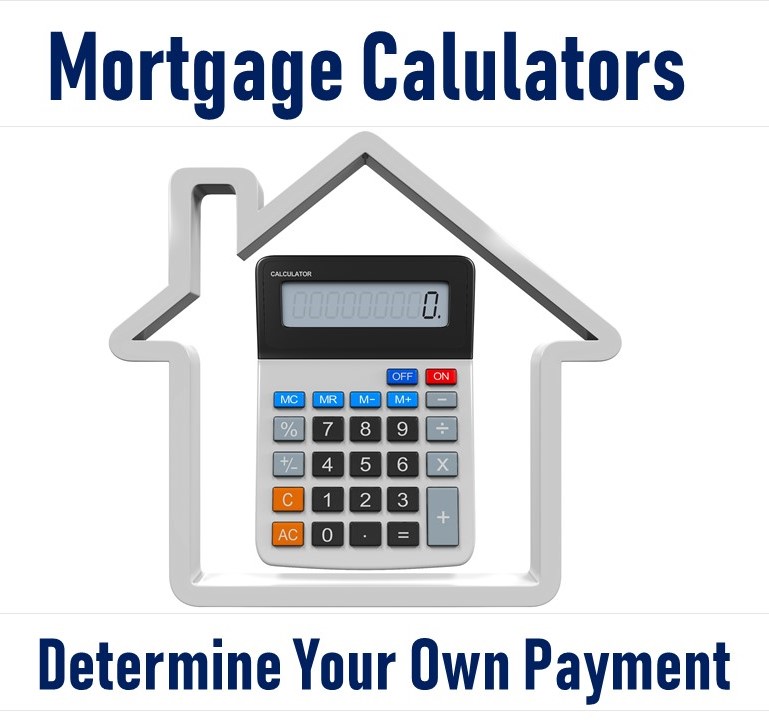GLOSSARY OF TERMS
NEGATIVE AMORTIZATION: (Also called Deferred Interest). A gradual increase in mortgage debt that occurs when the monthly payment is not large enough to cover the entire principal and interest due. The amount of the shortfall is added to the remaining balance to create negative amortization
NET CASH FLOW: The income that remains for an investment property after the monthly operating income is reduced by the monthly housing expense, which includes principal, interest, taxes, and insurance (PITI) for the mortgage, homeowners association dues, leasehold payments, and subordinate financing payments.
NET EFFECTIVE INCOME: Gross income less federal income tax.
NET WORTH: The value of all assets, including cash, less total liabilities.
NO CASH-OUT REFINANCE: A refinance transaction in which the new mortgage amount is limited to the sum of the remaining balance of the existing first mortgage, closing costs (including prepaid items), points, the amount required to satisfy any mortgage liens that are more than one year old (if the borrower chooses to satisfy them), and other funds for the borrowers use (as long as the amount does not exceed 1 percent of the principal amount of the new mortgage).
NON-LIQUID ASSET: An asset that cannot easily be converted into cash.
NOTE: A legal document that obligates a borrower to repay a mortgage loan at a stated interest rate during a specified period of time.
NOTE RATE: The interest rate stated on a mortgage note.
NOTICE OF DEFAULT: A formal written notice to a borrower that a default has occurred and that legal action may be taken.
ORIGINAL PRINCIPAL BALANCE: The total amount of principal owed on a mortgage before any payments are made.
ORIGINATION FEE: A fee paid to a lender for processing a loan Application.
OTC: (The Office of Thrift Supervision). Charters federal thrifts, serves as the primary federal examiner and regulator of federal and state-chartered savings associations, and administers laws governing savings and loan holding companies.
OWNER FINANCING: A property purchase transaction in which the property seller provides all or part of the financing.
OWNER OCCUPIED: Owner Occupied means the property is the owners primary residence.
PAYMENT ADJUSTMENT PERIOD: The length of time (typically a year) between changes to the borrowers P&I (Principal & Interest) payment.
PAYMENT BUY DOWN: Payment buy downs occur when a third party, typically a builder, pays part of the initial P&I payments for a year or two, so that the borrower has smaller payments and can qualify for the loan.
PAYMENT CAP: A limit on the amount the payment can be changed at the end of each Payment Adjustment Period.
PAYMENT DISCOUNT: In a payment discount, the lender reduces the first years interest rate to make the mortgagor more attractive to borrowers.
PERIODIC PAYMENT CAP: A limit on the amount that payments can increase or decrease during any one-adjustment period.
PERIODIC RATE CAP: A limit on the amount that the interest rate can increase or decrease during any one adjustment period, regardless of how high or low the index might be.
PERSONAL PROPERTY: Any property that is not real property.
PITI: Principal, Interest, Taxes and Insurance are components of a mortgage payment.
PLAT: A map or chart of a lot, subdivision or community drawn by a surveyor showing boundary lines, buildings, improvements on the land, and easements.
POINTS: A one-time charge by the lender to increase the yield of the loan; a point is 1 percent of the amount of the mortgage.
POWER OF ATTORNEY: A legal document that authorizes another person to act on one?s behalf. A power of attorney can grant complete authority or can be limited to certain acts and/or certain periods of time.
PREPAYMENT: Payment of mortgage loan, or part of it, before due date.
PRE-QUALIFICATION: The process of determining how much money a prospective home buyer will be eligible to borrow before application.
PRIME RATE: The interest rates that banks charge to their preferred customers.
PRINCIPAL: The amount borrowed or remaining unpaid, also, that part of the monthly payment that reduces the outstanding balance of a mortgage.
PRIVATE MORTGAGE INSURANCE: Insurance provided by nongovernmental insurers that protect lenders against loss if a borrower defaults.
PROMISSORY NOTE: A written promise to repay a specified amount over a specified period of time.
PUBLIC AUCTION: A meeting in an announced public location to sell property to repay a mortgage that is in default.
PLANNED UNIT DEVELOPMENT (PUD): A project or subdivision that includes common property that is owned and maintained by a homeowners association for the benefit and use of the individual PUD unit owners.
PURCHASE AGREEMENT: See Agreement of Sale.
PURCHASE MONEY TRANSACTION: The acquisition of property through the payment of money or its equivalent.






